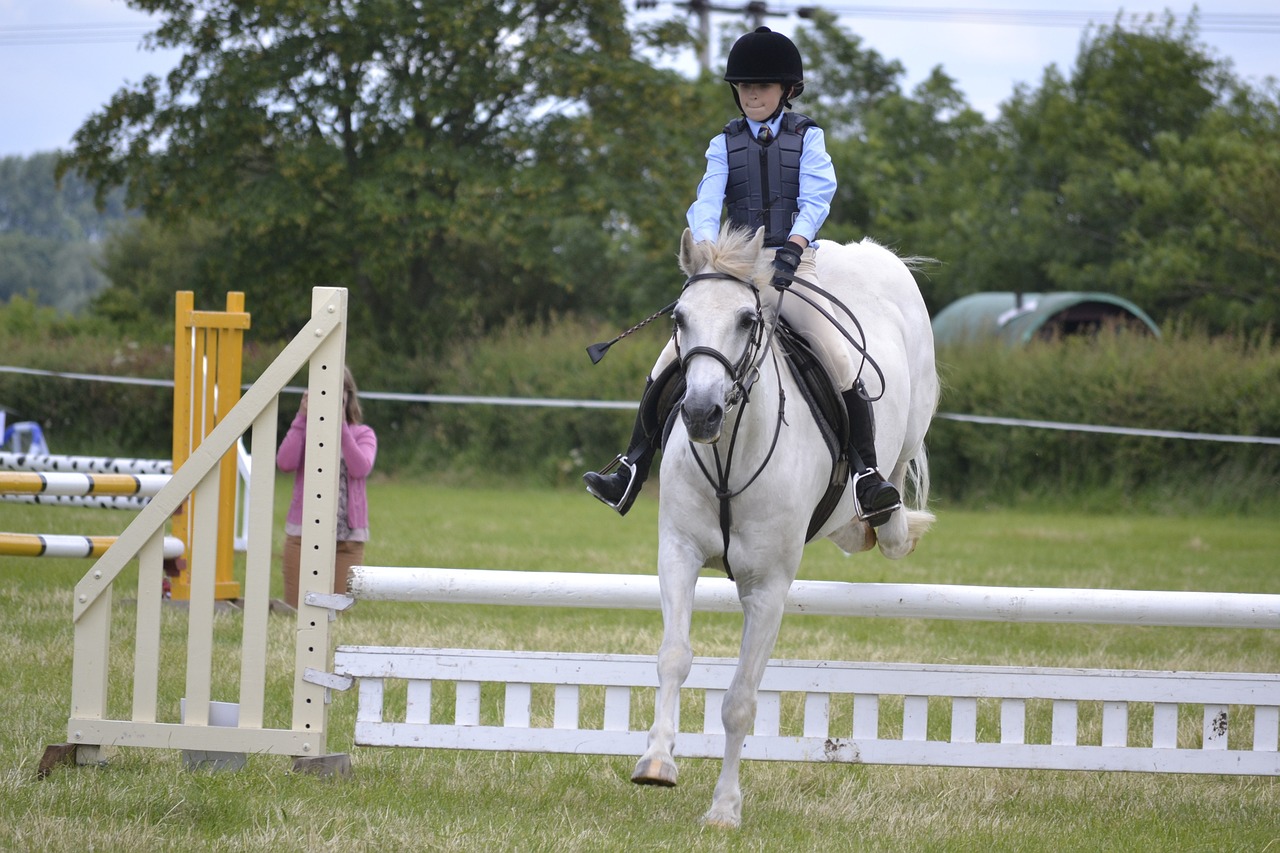How Cricket Teams Build Strong Team Chemistry
Allpaanel, 11xPlay: Team chemistry in cricket teams plays a crucial role in the overall success of the team. When players have strong chemistry, they are able to understand each other’s strengths and weaknesses, leading to better collaboration on the field. This chemistry is built through spending time together both on and off the field, fostering a sense of camaraderie and unity.
Communication is another essential element in team chemistry. Effective communication helps players coordinate their actions, anticipate each other’s moves, and make quick decisions during high-pressure situations. By openly sharing thoughts, strategies, and feedback, team members can enhance their understanding of each other’s perspectives and work towards a common goal of winning matches.
Establishing Trust and Communication Among Team Members
To foster trust and effective communication among team members in a cricket team, it is crucial for players to be open and transparent in their interactions. Transparency helps in building a solid foundation of trust, as it allows team members to understand each other’s intentions and motivations clearly. By being honest and forthcoming in their communication, players can ensure that misunderstandings are minimized and a shared sense of purpose is maintained within the team.
Additionally, active listening plays a key role in establishing trust and communication among team members. When players actively listen to each other, they demonstrate respect and show that they value their teammates’ opinions and ideas. This not only helps in fostering a supportive team environment but also encourages open dialogue and collaboration, ultimately leading to better communication and stronger trust among team members.
Creating a Positive Team Culture and Environment
Fostering a positive team culture and environment is paramount for the success of any cricket team. When team members feel valued and supported, they are more likely to perform at their best and work cohesively towards common goals. Building a sense of camaraderie and mutual respect among players can greatly enhance team dynamics and overall performance on the field.
Encouraging open communication and collaboration among team members is essential for creating a positive team culture. When players feel free to express their thoughts and ideas without fear of judgment, it fosters a sense of trust and unity within the team. Establishing clear channels of communication and promoting a culture of listening and understanding can help prevent misunderstandings and conflicts, leading to a more harmonious and productive team environment.







